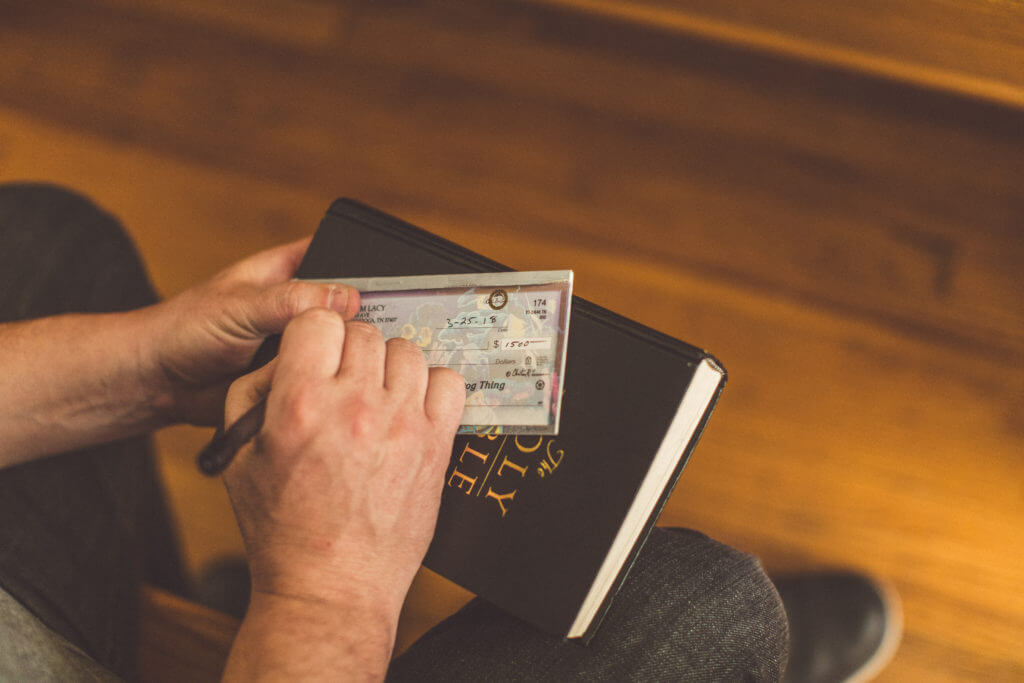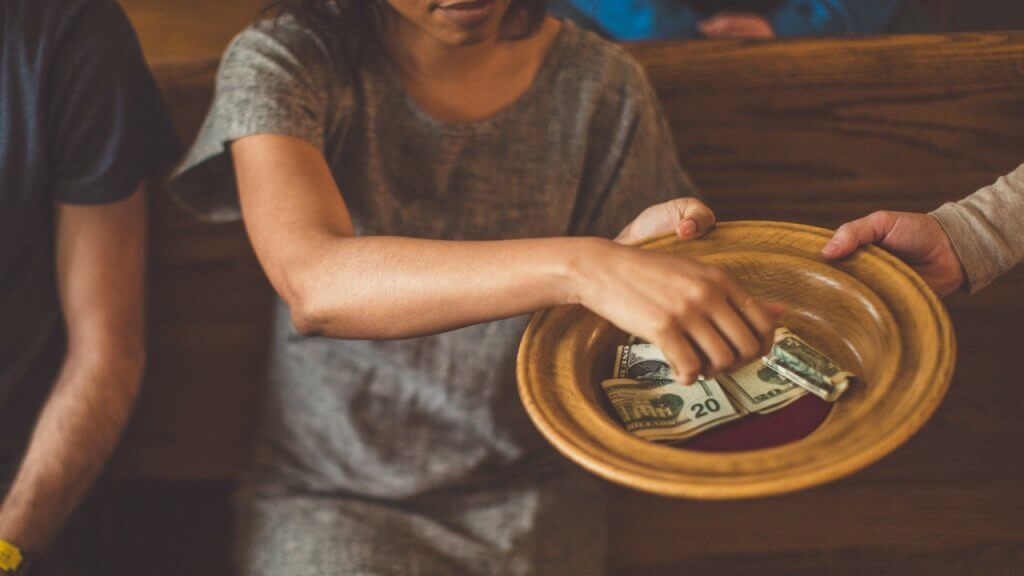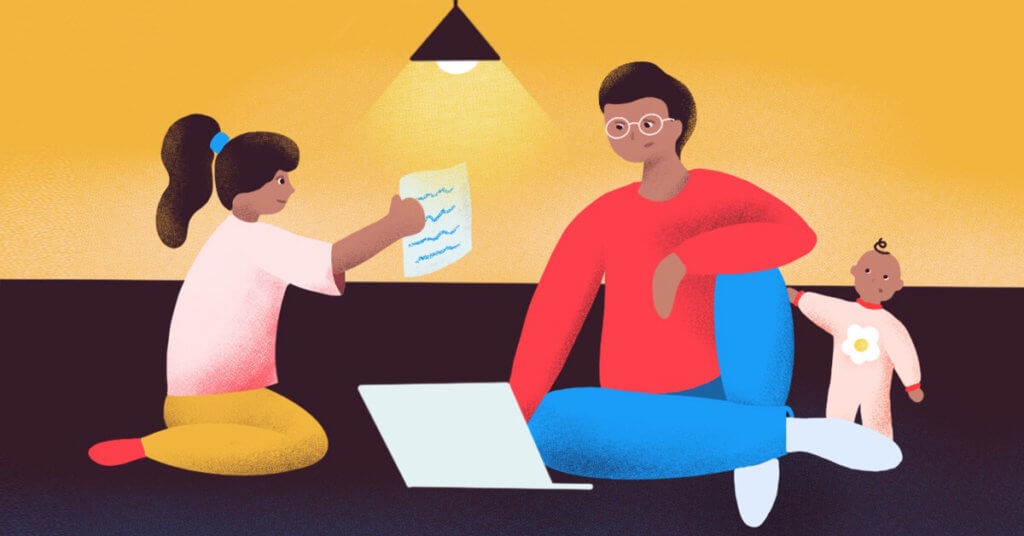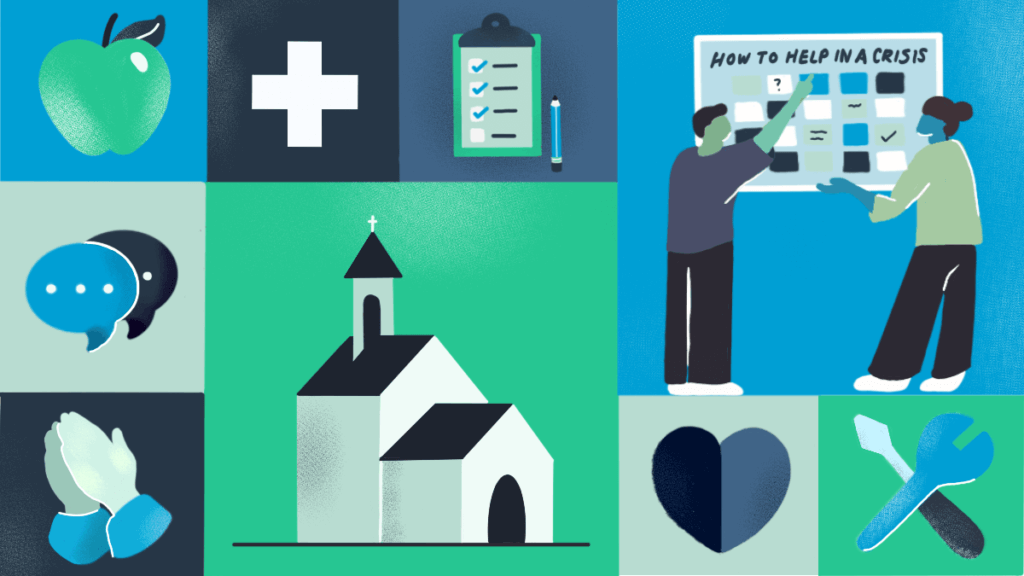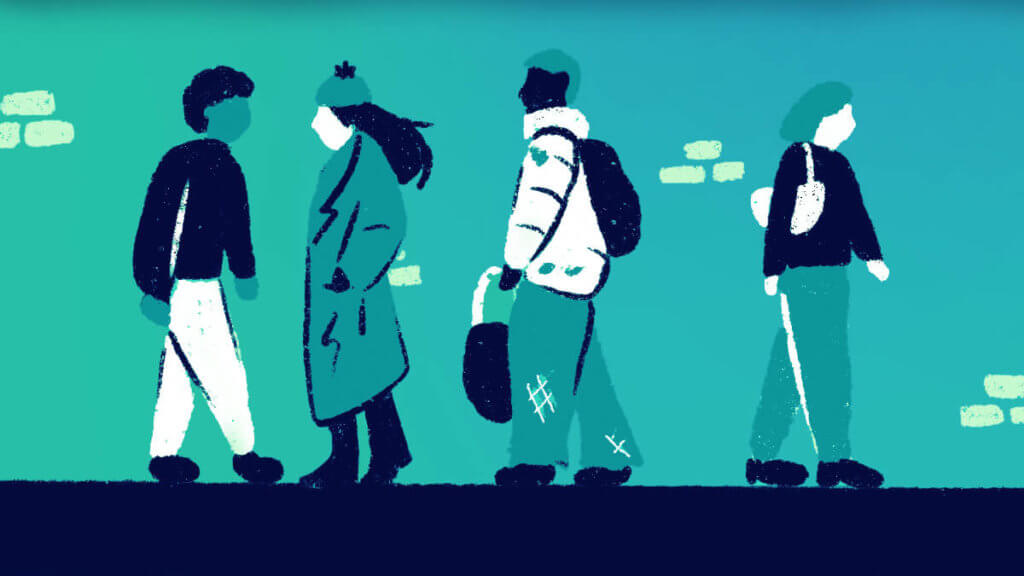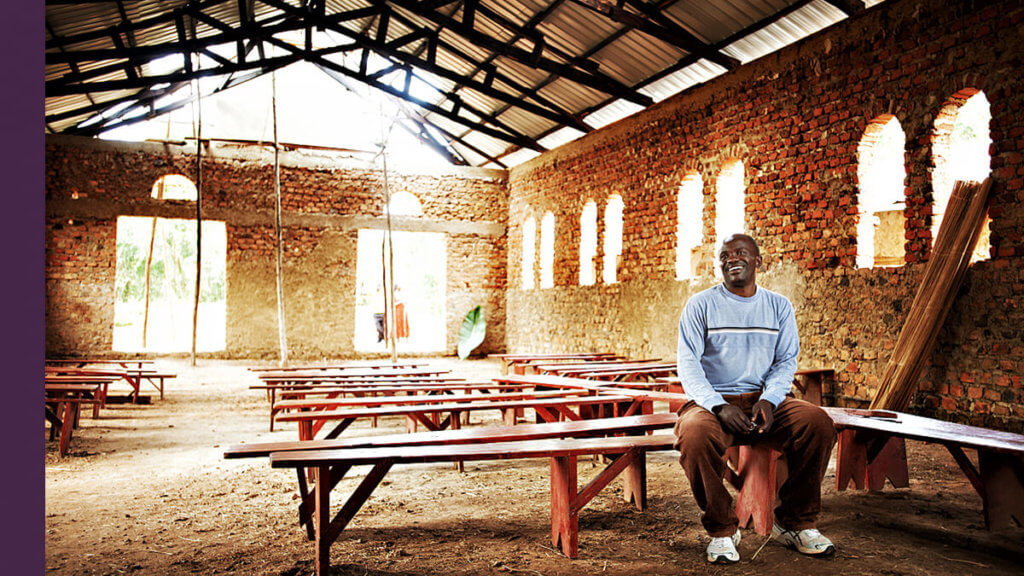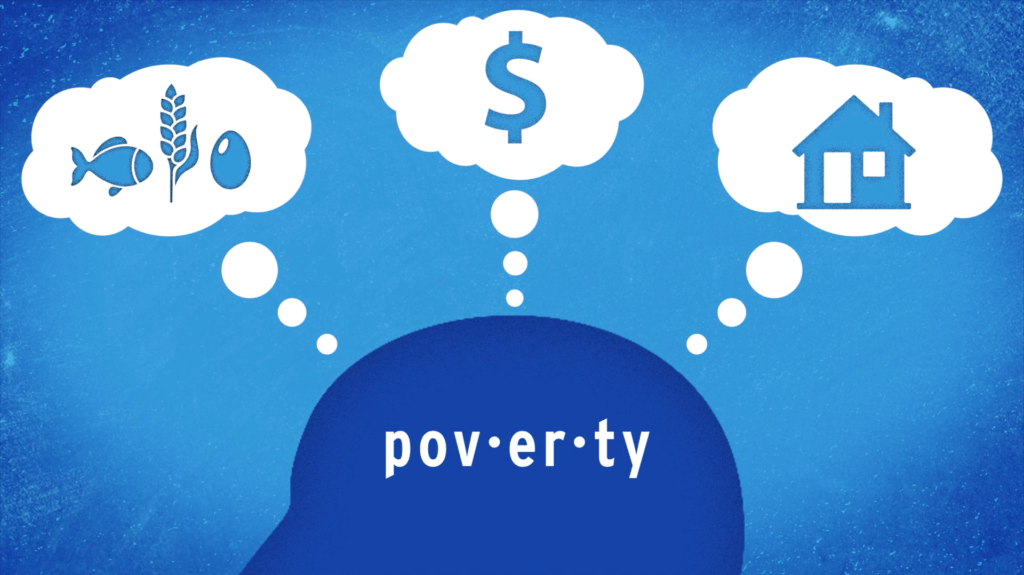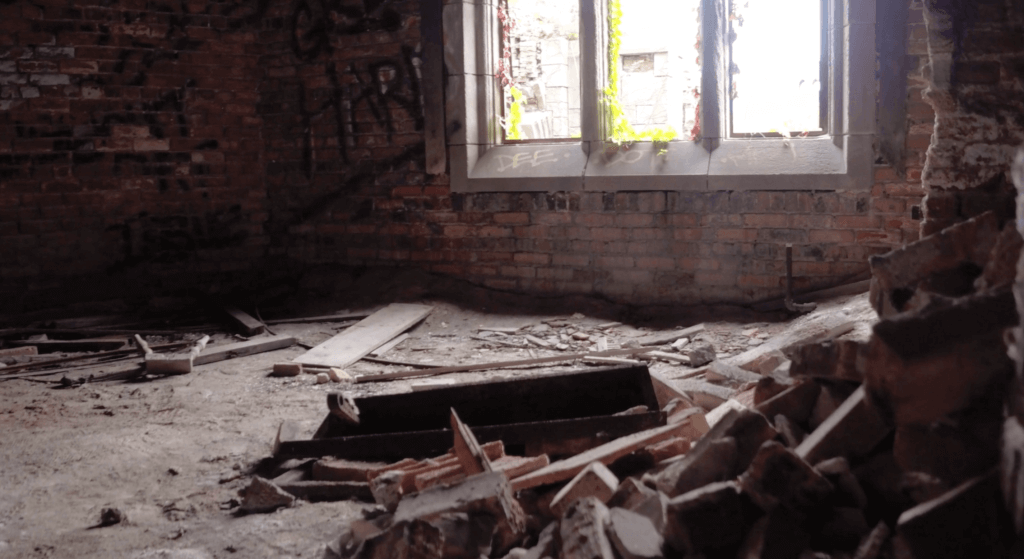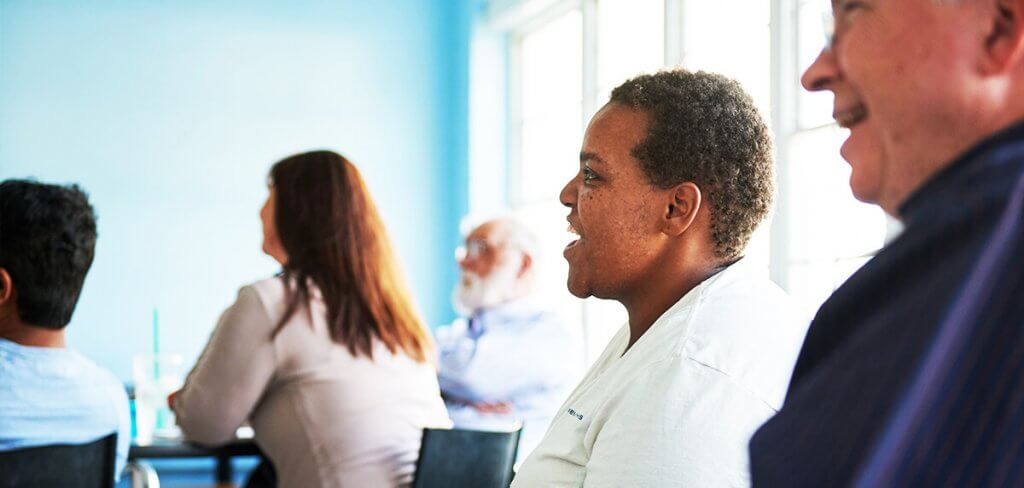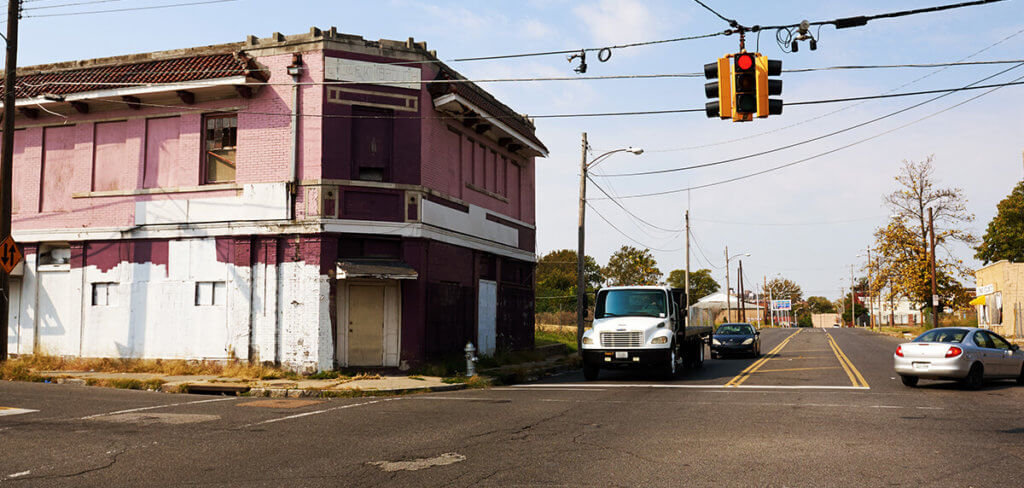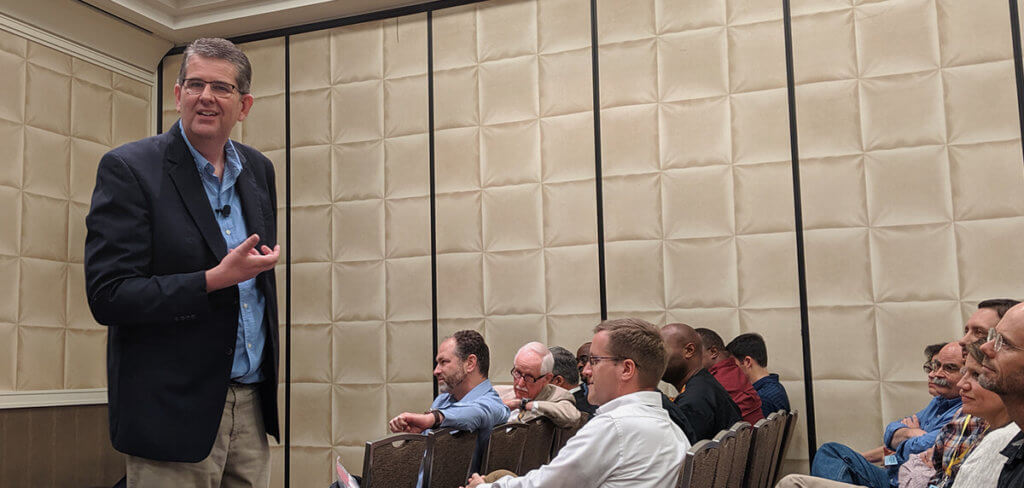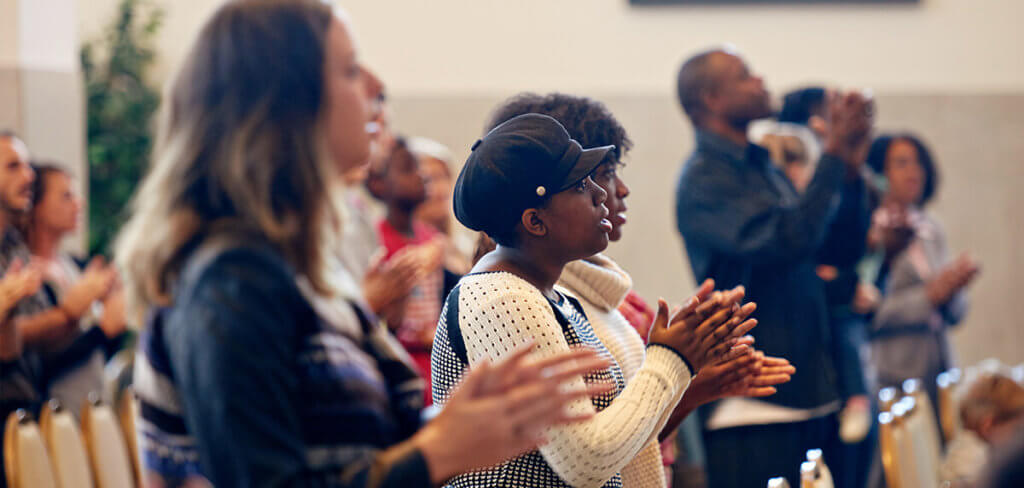Search
Categories
Tags
Posts by Brian Fikkert
We Need a Better Story
We often build poverty alleviation initiatives that are designed to help poor people pursue the American Dream. But what if all of us—poor and non-poor alike—need a different story?
Why Bother with the Local Church?
Your local church is a place where God dwells with His people in a special way. Is your church welcoming people who are poor back into the dwelling place of God?
Collaborating for the Kingdom
Donors, ministries, and materially poor people are often very different and may live thousands of miles apart. It sure doesn’t feel like much of a community, and sadly, it often doesn’t function like one. How can we better practice kingdom community in the space of poverty alleviation?
Stewarding the King’s Gifts to Advance His Kingdom
Every poverty alleviation effort includes three groups of stakeholders: donors, ministry staff and volunteers, and the materially poor people the initiative hopes to serve. How can these three very different groups of people manage their differences and work together for God’s kingdom?
From Needs to Assets—Shifting the Dynamic of Ministry
When we try to help people, we often start by trying to identify what’s wrong with the low-income individual or community, and then we try to bring in outside resources to fix what’s wrong. What if we started with what’s right with the people and communities we serve?
What is Normal?
Many of the certainties of our daily lives have been upended. We all just want to get back to normal! But what is “normal”? What are we eager to get back to?
What’s the Best Way to Provide Help in a Crisis?
The best approach to helping someone depends on the situation. In a time of crisis, we should definitely err on the side of generosity. What does this generosity look like during a global pandemic?
The Easter Epidemic
It’s Easter weekend—the pinnacle of the Christian calendar. It’s supposed to be a weekend full of joy and celebration. How are we to experience joy and celebrate in the midst of the COVID-19 crisis?
We’re All Poor
People in a middle-class community often see the materially poor as people we need to “fix.” But what if everyone is affected by the same underlying brokenness that contributes to material poverty?
Banking on the Church
Why bother with churches? Because the Bible teaches us that the church is guaranteed to pay huge dividends forever!
The First Step in Poverty Alleviation
When we see material poverty in the world around us, our first instinct is to do something about it. Where should we start? What’s the first step in poverty alleviation?
Broken Systems, Broken People
Is poverty due to individual brokenness? Or is it caused by systemic injustice? The Bible teaches that the Fall really happened—and it affects both individuals and systems!
Helping that Helps: Principles for Ministry
How do we build ministries that address the five root causes of poverty? Here’s an introduction to some key principles that you can apply where you are.
Addressing the Five Causes of Poverty
There are five big things that create material poverty and keep people trapped in it. Learn the five causes of poverty—and how you can begin to address them.
Living into the Story
God is working out His reconciling story in this broken world. The Bible doesn’t provide us with a detailed script for this story—but it does give us the overall direction of God’s unfolding plan. What does this mean for our efforts to help people who are poor?
Getting Our Story Straight
When we try to help people in poverty, we incorporate faulty ideas into our efforts without even realizing it. What are these false stories—and why do they matter?
We Become What We Worship: Why False Stories Hurt Us—And Those in Poverty
Every human is worshiping something—and what we worship shapes our entire lives, including our work with people in poverty. When people encounter our poverty alleviation efforts, what will they find us worshiping?
Why the Kingdom of God Matters if We Want to Help the Poor
The way that we work with people who are poor reflects the stories we tell ourselves about what it means to live the “good life.” If we get the story wrong, our efforts to help the poor can do more harm than good.




